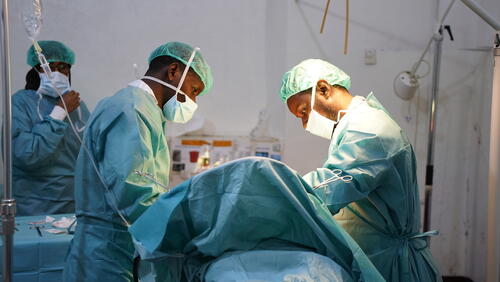Learn about how, why, and where MSF teams respond to different diseases around the world, and the challenges we face in providing treatment.
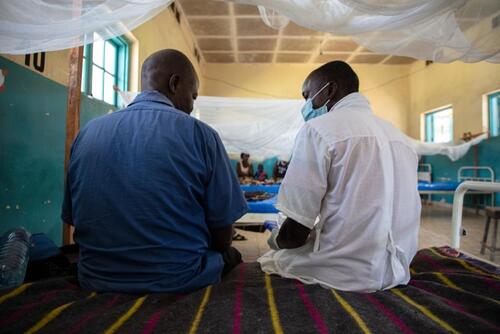
Meningitis
Meningococcal meningitis is a highly contagious bacterial form of meningitis – a serious inflammation of the meninges – the thin lining that surrounds the brain and spinal cord.
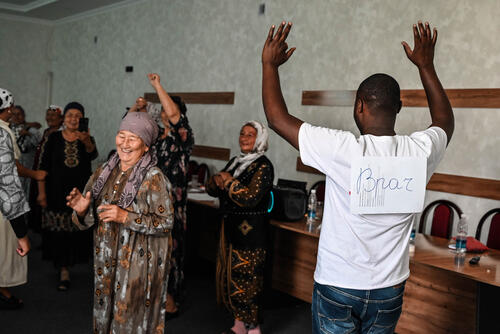
Mental health
Where we work, we may see people with a mental illness or confronting distressing situations, such as violence, loss or displacement. Mental health support can be crucial to help people cope.
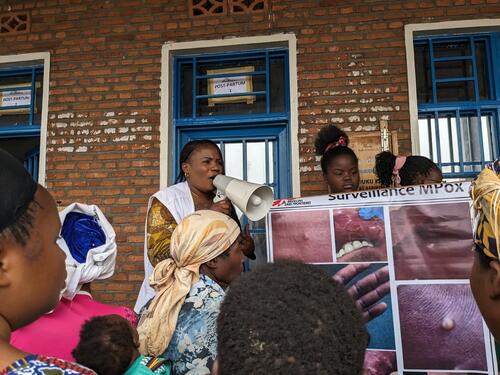
Mpox
Learn more about MSF's activities in responding to mpox.
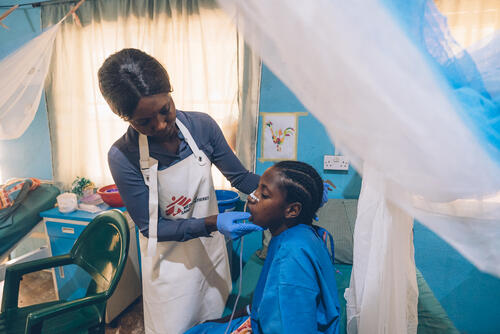
Neglected diseases
MSF teams treat a number of neglected diseases, including noma, Chagas, cutaneous leishmaniasis, in projects across the world.
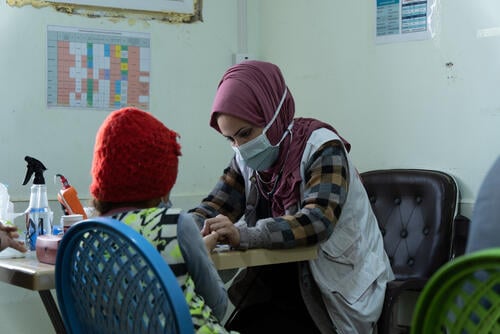
Non-communicable diseases
Non-communicable diseases are not transmitted from one person to another. One could cite the cardiovascular diseases (cardiovascular or cerebrovascular accidents), cancers, chronic respiratory diseases (such as chronic obstructive pulmonary disease (COPD) or asthma) and diabetes.
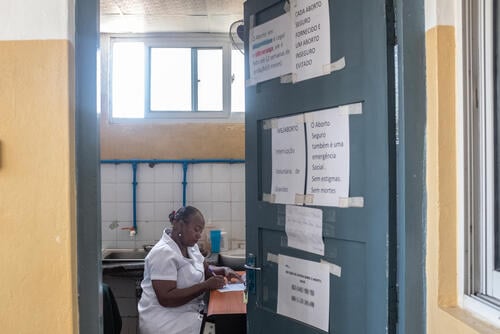
Safe abortion care
MSF is committed to providing safe abortion care to reduce avoidable suffering and deaths. Every minute, a woman or girl has an unsafe abortion. .
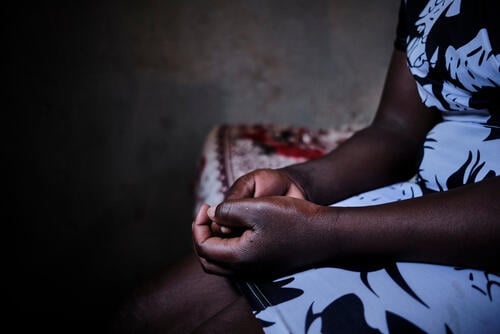
Sexual violence
Sexual violence affects millions of people, brutally shattering the lives of women, men and children. It is a medical emergency, but there is often a dire lack of healthcare services for victims.
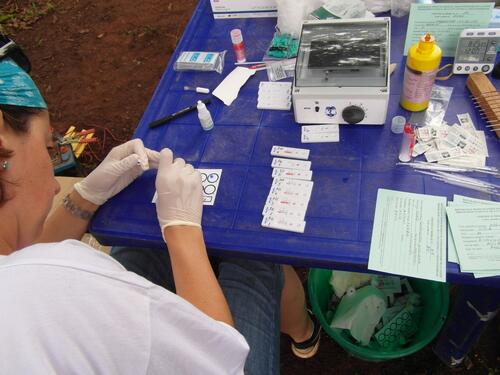
Sleeping sickness
Sleeping sickness, or human African trypanosomiasis, is a neglected tropical disease. It is a potentially fatal parasitic infection which attacks the body’s central nervous system, causing severe neurological conditions.
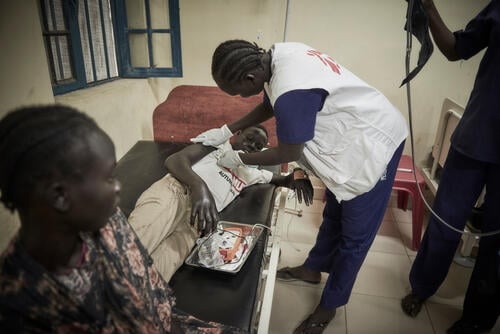
Snakebite
Snakebite is a hidden health crisis. Every year, an estimated 2.7 million people are bitten by venomous snakes, resulting in death for more than 100,000 people and life-long disfigurement and disability for 400,000 more.
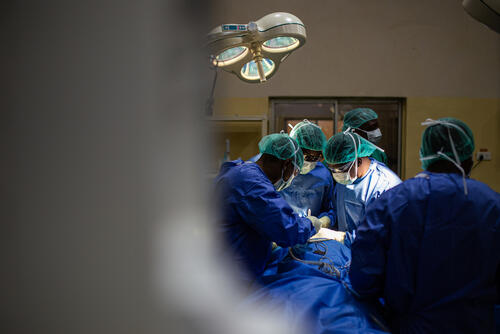
Surgery & trauma care
Médecins Sans Frontières has been providing surgical care for people in precarious contexts for decades.

Tuberculosis
Tuberculosis (TB) is one of the world’s biggest global health crises. Killing 1.3 million people in 2022 TB is the world’s second deadliest infectious disease after COVID-19 (WHO).
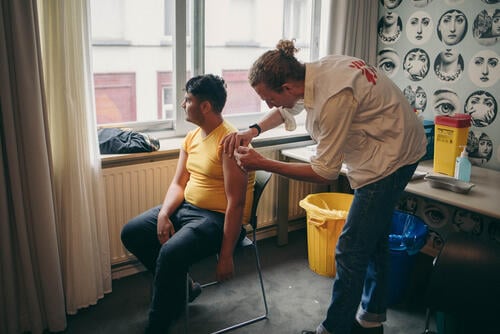
Vaccination
MSF teams vaccinate millions of people every year, either as part of routine vaccination, or in response to an outbreak of disease.

Independent medical humanitarian assistance
We provide medical assistance to people affected by conflict, epidemics, disasters, or exclusion from healthcare. Our teams are made up of tens of thousands of health professionals, logistic and administrative staff - most of them hired locally. Our actions are guided by medical ethics and the principles of independence and impartiality. We are a non-profit, self-governed, member-based organisation.
Learn more



